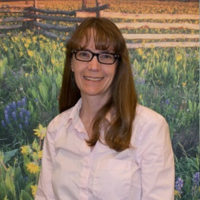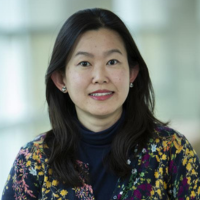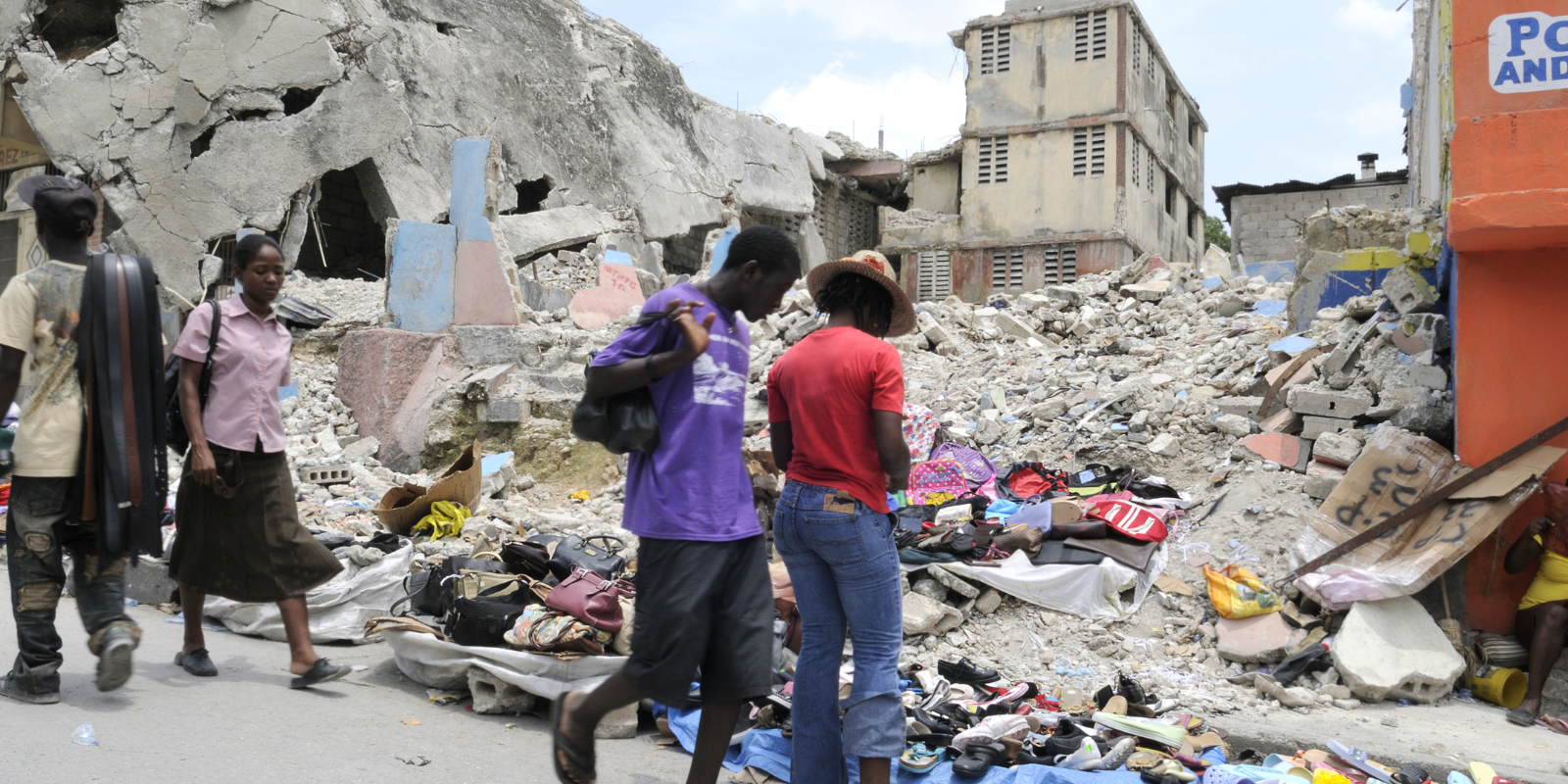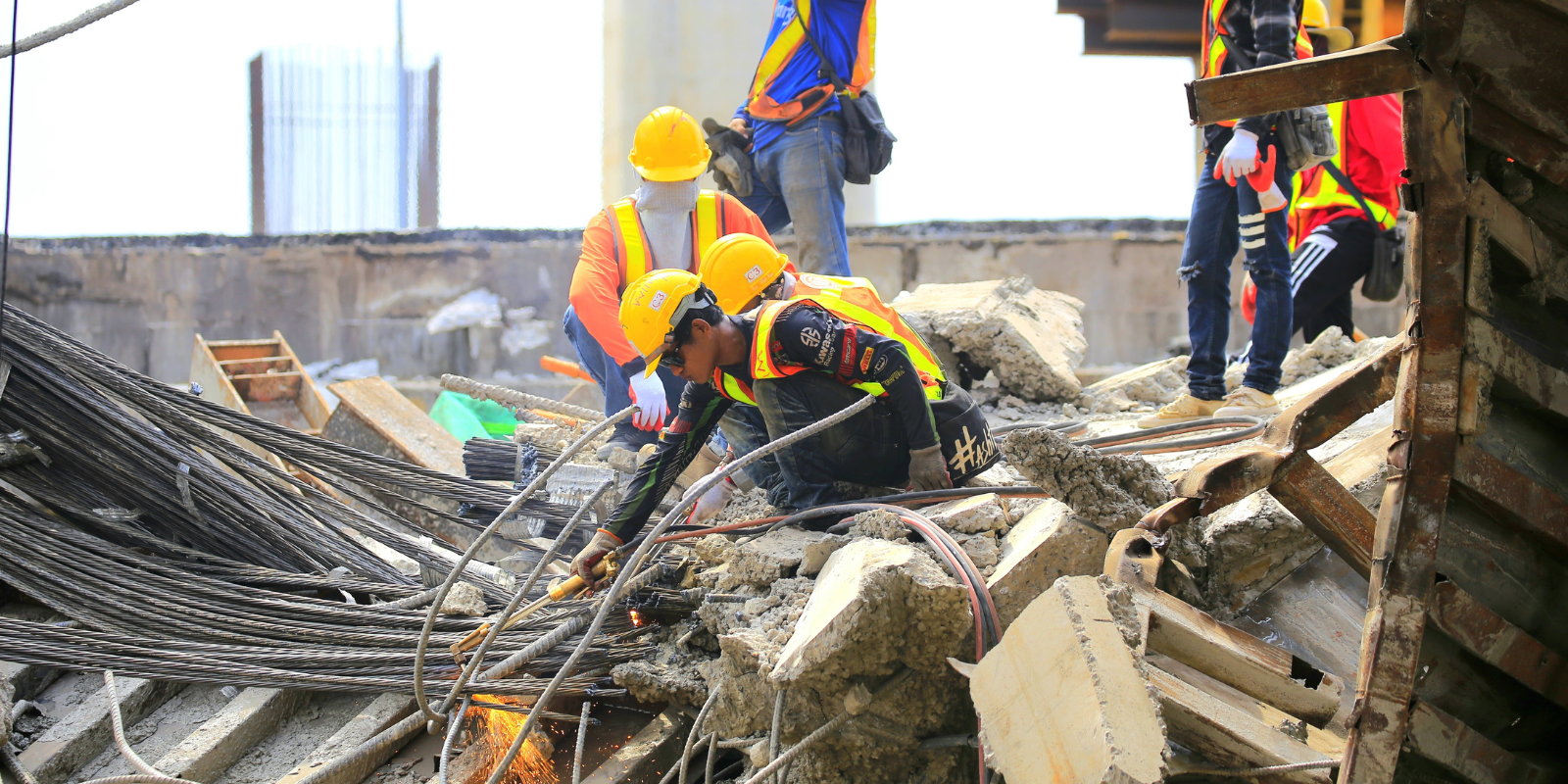How did the COVID-19 pandemic affect K-12 educators? What were the findings from your research?
Lopez:
We did a two-year retrospective. We looked at what it was like when educators were in the midst of teaching, and then what happened a year after, so it was 2020 and then 2021. And in 2020, we mostly heard educators saying, "I don't know how to do this. I don't know how to teach online. I don't know how to get a 5-year-old to be on Zoom. I don't know how to navigate any of this with parents who are angry." Despite not knowing what they were doing, they also really wanted to help. The attitude was, “I really want to be there for people during the pandemic, and I want to support my students. And I don't know how."
By 2021, what we were hearing on the call-line had changed. Instead, we heard, "I'm exhausted, and I can't do this anymore. And I'm tired of people being mad at me for masks and rules that I have nothing to do with." So really, again, people who were anxious and wanted to help people who were exhausted with it all.
Ariefdjohan:
We also saw differences in the kind of stressors that they expressed. In the beginning, the stressors were mostly related to the education world. But then later on, other things that were happening in their personal life became added stressors that impacted their professional lives.
So that became a feedback loop. Whatever happened in the professional world impacted how they dealt with stressors at home. And then the added stressors at home again impacted how they felt in their professional life.
The things that the call-line staff heard about in the beginning were folks just needing space to vent about their stressors. And that's the purpose of the call-line. But the kind of approaches that the call-line staff shared were mostly asking about teaching tools, how can I communicate this or that to students and parents or ways to mitigate stress. Call-line staff typically provided wellness strategies such as doing meditation, yoga, among other things.
But then on the second phase of the study, the call-line staff had to really stretch deep into their toolboxes. Now we are talking about suggesting therapy or asking whether they had considered medication.
And did you find that a lot of educators left or wanted to leave their jobs?
Lopez:
There was definitely a disconnect. Many educators reported wanting to leave their jobs, but most of them did not.
One of the things that we talked with educators about a lot was can they get jobs outside of education and how are those skills transferable? Many educators actually have a specific pension plan rather than a general retirement plan, so it's a little bit difficult to change jobs. There were a number of people who said, "If I could’ve gone somewhere else, I would have, but I don't know that I can." It was startling the number of people who said, "Yes, I want out. I don't want to do this anymore," and then the number of people who actually made the transition.
How does the public school system remain sustainable for the next several years, the next decade?
Ariefdjohan:
It's going to be challenging if we want to make this sustainable. It's always supply and demand, and right now, the demand is so much more than the supply. The supply includes people who are coming into the profession as well as those who are already in the profession – and both are in short supply right now.
So I've been thinking about this question because an educator's role is so important in our society. But from the sentiments that we received for this study, it's almost as if, as Amy has said, they were just being thrown into the pool and expected to swim. So I think more support is needed in the sense that it shouldn't be on the educator's plate to figure out almost everything. I think it should be a more active role between the administrators, the educators themselves who are working in the field, and the parents of the students. All of them need to be active in brainstorming together for solutions and what kind of support is needed.
I also think that we need to acknowledge that the normal that we knew before the pandemic no longer exists. People need to understand that we are entering a new era. But I don't think anybody has sat down and defined what it is for the education world. And this is when the dialogue needs to happen between the administrators, the educators and the parents.
Lopez:
We're working on another paper right now that demonstrates the impact of community viewpoints on education. Our results are showing that those educators who felt supported by the community had lower burnout scores.
What other issues are educators dealing with now, because of the pandemic?
Ariefdjohan:
One of the key findings from our study is that before the pandemic, educators said, "I want to help the students learn even if it is virtual. I will find a way to deliver the modules virtually." But then after the pandemic, suddenly they were saying, "Now I have to deal with behavioral issues.” The focus is no longer on delivering the curriculum, but more on managing behaviors.
Lopez:
Then we would have teachers say things like, "I have kids who don't know how to line up. I have kids who don't know how to sit in a chair." During the pandemic, kids were used to having a black screen and they could be on their phone, or they could go get a snack. Teachers are having to re-teach how to behave in school.
Ariefdjohan:
I think part of the training for these teachers needs to include mental health, first-aid training, de-escalation techniques and behavioral management training. All this needs to be rolled into the pedagogy for teachers’ training, including caring for their own mental health.
What can parents or community members do to help with the psychological impact experienced by educators?
Lopez:
One of the things that would be helpful is for the community to be nicer to them. I know that seems simple and straightforward, but I think that there were lots of fights about things like masks, which teachers had no control over and that was being dictated to them. They had no control if they sent a kid home sick. But the teachers really took the brunt of that anger.
Ariefdjohan:
Parents can be angry for no reason. Maybe they're projecting their own stress onto the teachers. One of the callers said, "I ask for help from the parent of a student, and then they blame me for the child’s bad behavior." So things like that happen, too.
Lopez:
We all need to partner together. If the student's having a hard time, a parent can say, “How can we help you? How can we work together as a team?” There's a lot of blame going back and forth.
I think the other issue related to this that is even bigger is the schools have really become the center of our community. It's where kids get their education, but also where a lot of them get food, healthcare and mental healthcare and where they have people who care about them. And I think that one of the things that happened in 2021 was that the rest of the community was asking, "Why aren't you guys back to normal? We need you to be normal so that we know the world's safe and OK."
And the schools said, "Well, we're not ready yet." And I think there was a lot of anger about that.
Ariefdjohan:
The stress that our educators are experiencing maps onto the continuum that combat veterans experience. So this is something serious. And we all already know that chronic stress can impact other aspects of health.
What needs to change at the system level to prevent something like this from happening again?
Ariefdjohan:
A lot of research studies emphasize quantitative data, but it's the qualitative research such as this, where you bring up the shared experiences, the voices of the people who are actually working in the field. And it highlights the collective issues or the gaps or the challenges.
I feel like the first step is highlighting the problem, representing the voices of the educators. And then with what we know, we can then bring the issue and concerns forward and start brainstorming for solutions.
Lopez:
Well, I think at this moment, it doesn't feel like the situation is as dire. I think that people easily forget and believe, "Oh, well we are good now."
And I don't think we are. Educators are still struggling.
Is there anything I didn't ask that you'd like to mention?
Lopez:
Further research into this is always helpful. And again, not just the quantitative. I can give you the numbers of people who report they're burned out. That's pretty simple, straightforward. But I do think some of the stories that we heard and some of the stories they told us are important.
Our call-line is still running and everything's free for any educator in Colorado. We've been doing a lot more workshops. We're trying to do more secondary prevention. We do burnout workshops in the fall. We do resilience workshops throughout the year so that hopefully we don't have to wait until people are struggling. We’re trying to get in there before people are struggling and give them some strategies and some ideas and ways to mitigate burnout before it gets so bad that they feel like they want to quit.






